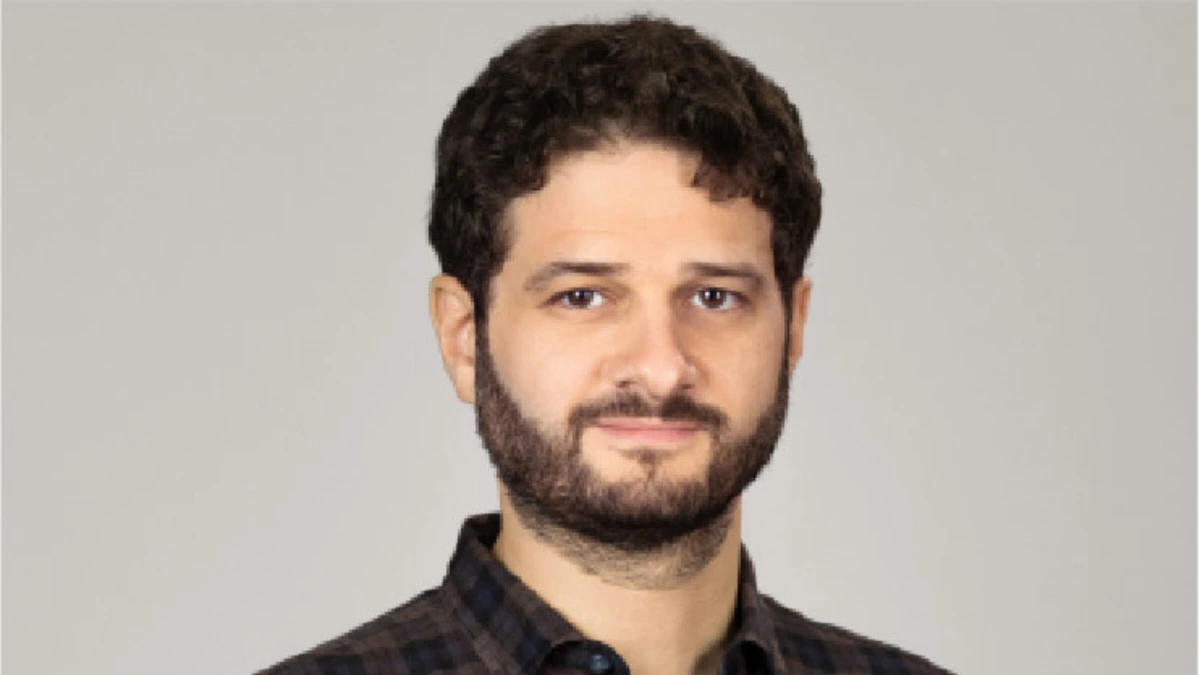Dustin Moskovitz, co-founder of Meta Platforms and work management software company Asana, has opened up about the personal toll of leading a company for more than a decade.
In a recent interview, Moskovitz described his 13 year tenure as CEO of Asana as “exhausting,” reflecting on the emotional demands of leadership and the challenges of maintaining composure through political and social upheaval.
Speaking on Ben Thompson’s Stratechery podcast, Moskovitz said his role required him to “put on this face day after day,” despite being an introvert by nature.
His comments shed light on the pressures faced by tech executives navigating rapid company growth amid a volatile global landscape.
Moskovitz co-founded Facebook in 2004 alongside Mark Zuckerberg, Eduardo Saverin, Chris Hughes, and Andrew McCollum while studying at Harvard University.
Leaving Facebook in 2008, he retained a small ownership stake just over 8% which helped establish his fortune, now estimated at $12 billion, according to Forbes.
That same year, Moskovitz launched Asana, a work management software company that became a key player in enterprise productivity tools.
Under his leadership, Asana went public in 2020, reaching a market capitalization of several billion dollars. In early 2025, Moskovitz announced his transition from CEO to chairman, retaining approximately 53% of Asana’s outstanding shares across Class A and Class B stock.
The move marked a significant leadership shift for one of Silicon Valley’s most recognized yet reserved founders. Leadership experts say Moskovitz’s comments highlight a broader conversation about the psychological strain of executive roles, particularly among introverted leaders in high pressure environments.
“Founders often underestimate how emotionally demanding the CEO role can be,” said Jennifer Hayes, a leadership psychologist at Stanford Graduate School of Business.
“It’s not just about strategy and growth it’s about maintaining resilience in the face of constant scrutiny, crises, and internal expectations.”
Hayes added that introverted CEOs, though often analytical and empathetic, can struggle with the performative aspects of leadership.
They may excel in vision and innovation but find the daily visibility, people management, and constant communication draining, she said.
John Keller, a Silicon Valley startup mentor, noted that Moskovitz’s reflection aligns with a recent shift in tech culture toward acknowledging burnout and mental health.
“For years, the startup ecosystem glorified the hustle mentality,” Keller said. “Hearing someone like Moskovitz admit exhaustion humanizes leadership and sets a more realistic precedent for younger founders.”
A 2024 survey by Deloitte found that 68% of technology executives reported moderate to severe burnout, with 42% citing emotional fatigue as their primary challenge.
Among CEOs, nearly half admitted that public pressure and company crises had affected their personal well being.
Comparatively, a report by the Harvard Business Review showed that introverted leaders, while often associated with higher employee satisfaction, experience 30% greater stress from social interactions and public responsibilities than their extroverted counterparts.
Asana’s own trajectory reflects the demanding nature of tech leadership. Between its IPO in 2020 and mid 2024, the company’s valuation fluctuated dramatically as market conditions shifted, forcing Moskovitz and his team to balance investor expectations with product innovation.
Employees and industry peers described Moskovitz as a thoughtful but private leader. “Dustin was never the loudest voice in the room, but he listened deeply,” said a former Asana engineer who worked with him for six years.
“You could tell leadership didn’t come naturally to him he preferred solving problems to managing people.” Others in the tech sector expressed empathy for Moskovitz’s experience.
“Running a global company through events like the pandemic and social unrest takes an enormous toll,” said Leena Patel, CEO of a Bay Area startup incubator.
“It’s easy to forget that behind every corporate title is a person managing both professional and emotional weight.” In the Stratechery interview, Moskovitz reflected on those turbulent years.
In the beginning I thought it would get easier as the company matured, but the world just kept getting more chaotic the first Trump presidency, the pandemic, the race issues it all made leadership harder.
With Moskovitz now serving as Asana’s chairman, analysts are watching to see how his reduced role may influence the company’s direction.
Asana remains a major player in the productivity software market, competing with platforms like Monday.com, Trello, and ClickUp.
“His transition may allow for fresh operational energy while preserving long term strategic vision,” said Morgan Tuttle, a tech sector analyst at Wedbush Securities.
“Founders like Moskovitz often remain deeply involved in innovation even after stepping back from day to day management.”
Meanwhile, Moskovitz has indicated interest in philanthropic projects and personal development initiatives, continuing a trend among billionaire founders who step back to pursue broader social goals.
Dustin Moskovitz’s candid remarks offer a rare glimpse into the personal side of leadership in the tech industry.
After 13 years at the helm of Asana, his reflections underscore the emotional complexity of guiding companies through uncertainty while balancing personal temperament and public expectations.
As the pressures of modern leadership grow more visible, Moskovitz’s story may resonate far beyond Silicon Valley serving as both a cautionary tale and a call for greater empathy toward those behind the world’s most influential innovations.
